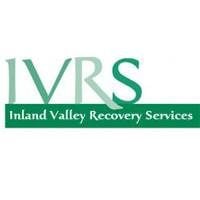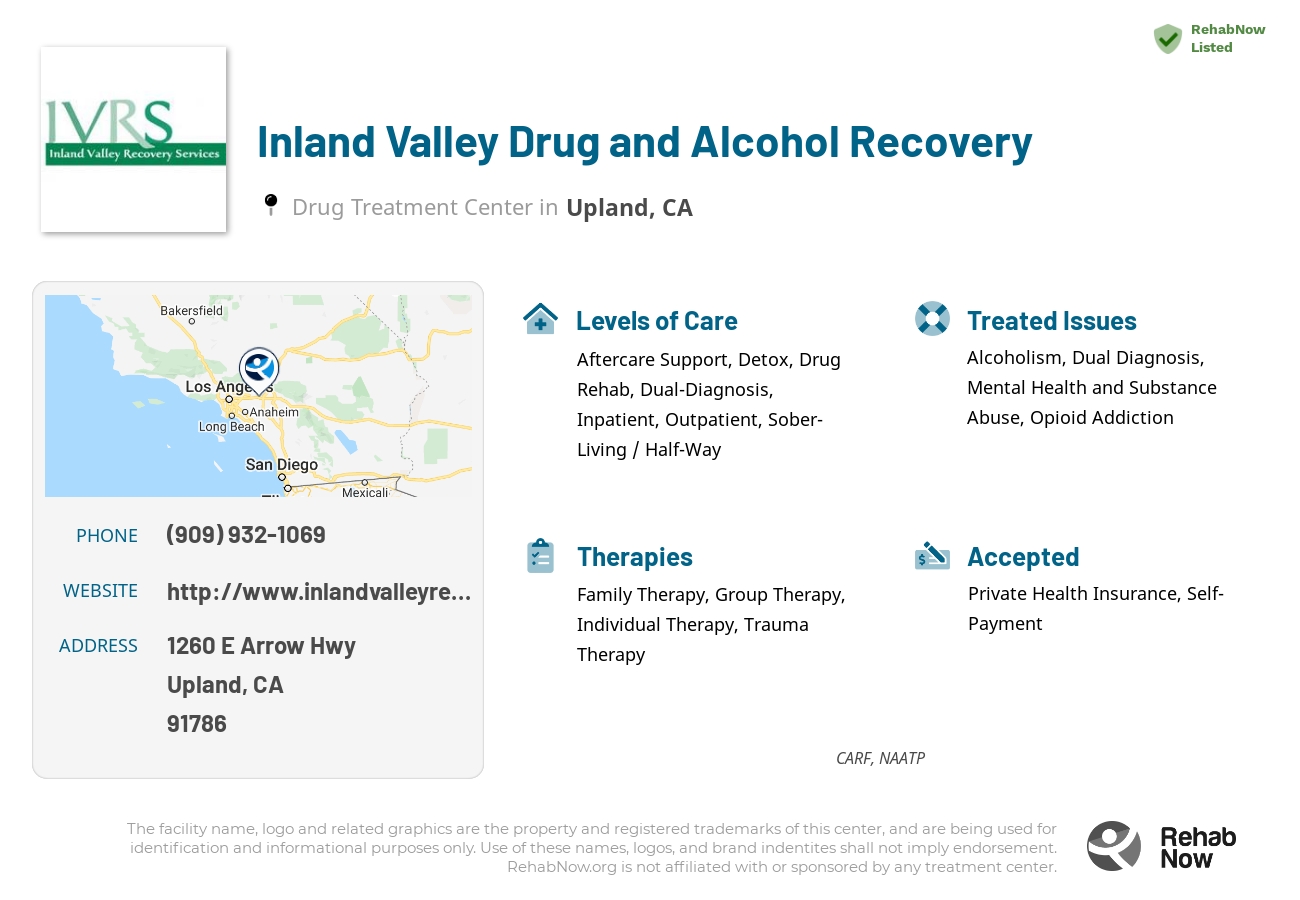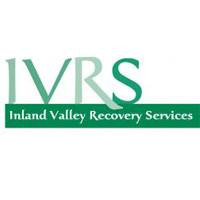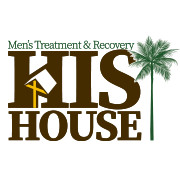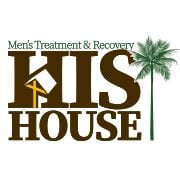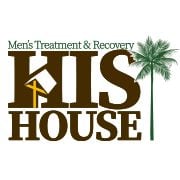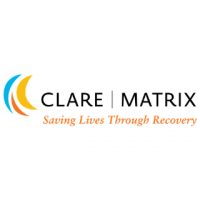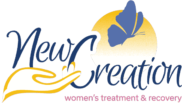Inland Valley Drug and Alcohol Recovery
Drug Rehab Center in Upland, California
Inland Valley Drug and Alcohol Recovery is an accredited rehab center in Upland, California that has been helping people struggling with various addictions since 1962, providing a range of services including detox, inpatient and outpatient programs and sober living support, all of which are covered by private health insurance. It is accredited by the Commission on Accreditation of Rehabilitation Facilities (CARF) .
About This California Facility
Inland Valley Drug and Alcohol Recovery is an Addiction Treatment Facility located in Upland, California. Established in 1962, this facility has been dedicated to helping individuals suffering from alcoholism, opioid addiction, dual diagnosis, drug addiction, substance abuse, and mental health disorders. Inland Valley Drug and Alcohol Recovery offers a range of treatment services including aftercare support, detoxification, drug rehabilitation, dual-diagnosis treatment, inpatient care, outpatient programs, sober-living/halfway houses, and residential treatment. The facility is accredited by CARF (Commission on Accreditation of Rehabilitation Facilities) and is also a member of NAATP (National Association of Addiction Treatment Providers). In addition, they accept private health insurance for their services and are affiliated with Inland Valley Recovery Services.
At Inland Valley Drug and Alcohol Recovery, individuals struggling with addiction and substance abuse can access various types of services to aid in their recovery journey. These services include aftercare support, which ensures that individuals receive continued assistance and guidance even after completing their primary treatment. The facility also offers detoxification programs to help individuals safely and comfortably withdraw from drugs or alcohol. They provide drug rehabilitation programs that focus on addressing the root causes of addiction and developing coping mechanisms for long-term recovery. Inland Valley Drug and Alcohol Recovery also specializes in dual-diagnosis treatment, which addresses both substance abuse and co-occurring mental health disorders. Individuals can receive inpatient care for intensive treatment, outpatient programs for more flexible treatment options, or choose to stay at one of their sober-living or halfway houses for a supportive and structured environment.
Genders
Ages
Modality
Additional
Accreditations
NAATP

CARF
The Commission on Accreditation of Rehabilitation Facilities (CARF) is a non-profit organization that specifically accredits rehab organizations. Founded in 1966, CARF's, mission is to help service providers like rehab facilities maintain high standards of care.
Conditions and Issues Treated
Substance abuse typically leads to addiction, which requires specialized treatment programs at Inland Valley Drug and Alcohol Recovery to address. Many people benefit from inpatient drug rehabilitation, which includes inpatient acute care and residential rehabilitation. Other levels of care include intensive outpatient therapy, individual counseling, and support groups. Family therapy is also an essential part of treatment for substance abuse.
A combination of treatments is often needed to treat drug abuse issues effectively. In the case of drug abuse, there is no easy answer or one-size-fits-all cure.
Opioids are a series of medicines that are used for pain relief. Opioid addiction refers to the compulsive pursuit of opioids, even though they are not medically needed. Medication-assisted therapy at Inland Valley Drug and Alcohol Recovery in Upland, CA requires care in which both medications, medication, and behavioral treatments are used.
Substance use disorder falls under two categories: Alcohol or Drug Abuse and Drug Dependence. An individual suffering from a substance use disorder and mental health disorders is said to have a co-occurring disorder or a dual disorder.
Individuals with substance use disorders and mental health problems are said to suffer from a ‘dual diagnosis’. The most frequently identified mental health issues found in individuals with substance use disorders include anxiety, depression, schizophrenia, and schizoaffective disorder.
Levels of Care Offered at Inland Valley Drug and Alcohol Recovery
This center offers a variety of custom treatment tailored to individual recovery. Currently available are Aftercare Support, Detox, Drug Rehab, Dual-Diagnosis, Inpatient, Outpatient, Residential, Sober-Living / Half-Way, with additional therapies available as listed below.
Detox is a drug rehab process that is designed to remove the drug addict from the drug safely. The problem with solely using detox as a sobriety tool is that it alone provides no therapy or counseling. If a person goes through detox and returns to their everyday life, they may begin using again once the detox has worn off.
Detox does not help with cravings, so for some addicts, this can be extremely difficult and should be both done and supervised by medical professionals. Aftercare is crucial, so selecting a facility that offers additional services is important.
Inpatient treatment for addiction is generally not as scary as it might sound. It is a way to find recovery while being in a supportive and controlled environment. The duration of treatment at Inland Valley Drug and Alcohol Recovery in Upland can be different based on each individual. Many can leave after 28 days; some may stay a few months, and others may stay six months or longer.
When remaining at their job in Upland, or continuing their studies, the individual may live with their family while utilizing Inland Valley Drug and Alcohol Recovery‘s outpatient services. Treatment requires counseling the patient at the individual level, in a group setting, about substance addiction, drugs, and therapy sessions.
Residential treatment programs are those that offer housing and meals in addition to substance abuse treatment. Rehab facilities that offer residential treatment allow patients to focus solely on recovery, in an environment totally separate from their lives. Some rehab centers specialize in short-term residential treatment (a few days to a week or two), while others solely provide treatment on a long-term basis (several weeks to months). Some offer both, and tailor treatment to the patient’s individual requirements.
Aftercare support involves the support given to a Upland, California patient after they complete treatment. It helps them adjust to normal life. It may include setting them up in a halfway house and enrolling them in programs like Narcotics Anonymous (NA) and Alcoholics Anonymous (AA). Inland Valley Drug and Alcohol Recovery‘s patients may also be provided with career training to help them get back into the job force.
Therapies & Programs
Family therapy is a set of therapeutic approaches that assumes that the entire family is a system. It utilizes the strengths and resources of the family to help the patient refrain from resorting to substance abuse. The impact of substance abuse is not just on the patient but on the entire family. Family therapy ensures that the patient gets adequate support from the family members after the treatment making the recovery process sustainable
- Family therapy guides all the members of the family to help the patient.
- It helps to repair relationships and improve communication between family members.
- It helps to keep the patient engaged and motivated throughout the treatment.
Group therapy is an important tool in recovery. Finding a peer group in Upland, CA and others who relate to your situation is a fundamental tool for recovery at Inland Valley Drug and Alcohol Recovery. Addiction tends to lead to isolation and feelings of uniqueness. The accountability and friendship that is found in group therapy can be more effective than any single other treatment approach. This is generally introduced early in recovery and is recommended as a lifetime treatment habit.
Trauma therapy is a way of addressing trauma while in a safe situation in order to heal. This may involve Inland Valley Drug and Alcohol Recovery managing individual or group counseling or both. Other forms of therapy have been proven to assist in healing past traumas.
The first three steps depend on the patient, so they are more specific and situational. The succeeding four steps center on practical issues brought on by substance abuse. Steps 8 and 9 deal with the social and emotional repercussions of addiction, encouraging patients to make amends to people they have wronged. These are followed by two steps revolving around the further exploration and reinforcement of Steps 1 to 9.
The last step requires an individual to extend a helping hand to people who are still in the early stages of their recovery.
Patient Experience
Experiential Therapy at Inland Valley Drug and Alcohol Recovery
Experiential therapy works by using tools and activities to recreate past experiences. Role-playing, arts and crafts, music, animal care, rock climbing, etc. are some of the activities used in this therapy. It is different from medication and talk therapy and suits those who have difficulty expressing themselves.
Payment Options Accepted
For specific insurance or payment methods please contact us.
Is your insurance accepted?
Ask an expert, call (888) 674-0062
Inland Valley Recovery Services Associated Centers
Discover treatment facilities under the same provider.
Learn More About Inland Valley Recovery Services Centers
Additional Details
Specifics, location, and helpful extra information.
Upland, California 91786 Phone Number(909) 932-1069 Meta DetailsUpdated November 25, 2023
Staff Verified
Patient Reviews
There are no reviews yet. Be the first one to write one.
Upland, California Addiction Information
More than 3 million of California's citizens are addicted to illegal drugs. Almost 800,000 people use hard drugs, almost 5 million use marijuana, and another 2.1 million abuse alcohol every year. Other substance abuse issues such as binge drinking and teen drug use are also common. Many illegal drugs such as cocaine, heroin, methamphetamine, and marijuana are smuggled into the state from Mexico.
There were over 1,000 drug-related arrests in Upland in 2017. The majority of these arrests were for possession of marijuana. Treatment admissions for heroin increased by nearly 50% from 2011 to 2014. It also found about 34% of all violent crimes in Upland were drug-related. The type of treatment that you receive will depend on your needs. Some people may benefit from a 12-step program, while others may need more intensive therapy.
Treatment in Nearby Cities
- Laguna Beach, CA (39.5 mi.)
- Northridge, CA (52.2 mi.)
- Reseda, CA (52.1 mi.)
- Rancho Mirage, CA (74.4 mi.)
- South San Francisco, CA (363.3 mi.)
Centers near Inland Valley Drug and Alcohol Recovery
The facility name, logo and brand are the property and registered trademarks of Inland Valley Drug and Alcohol Recovery, and are being used for identification and informational purposes only. Use of these names, logos and brands shall not imply endorsement. RehabNow.org is not affiliated with or sponsored by Inland Valley Drug and Alcohol Recovery.
